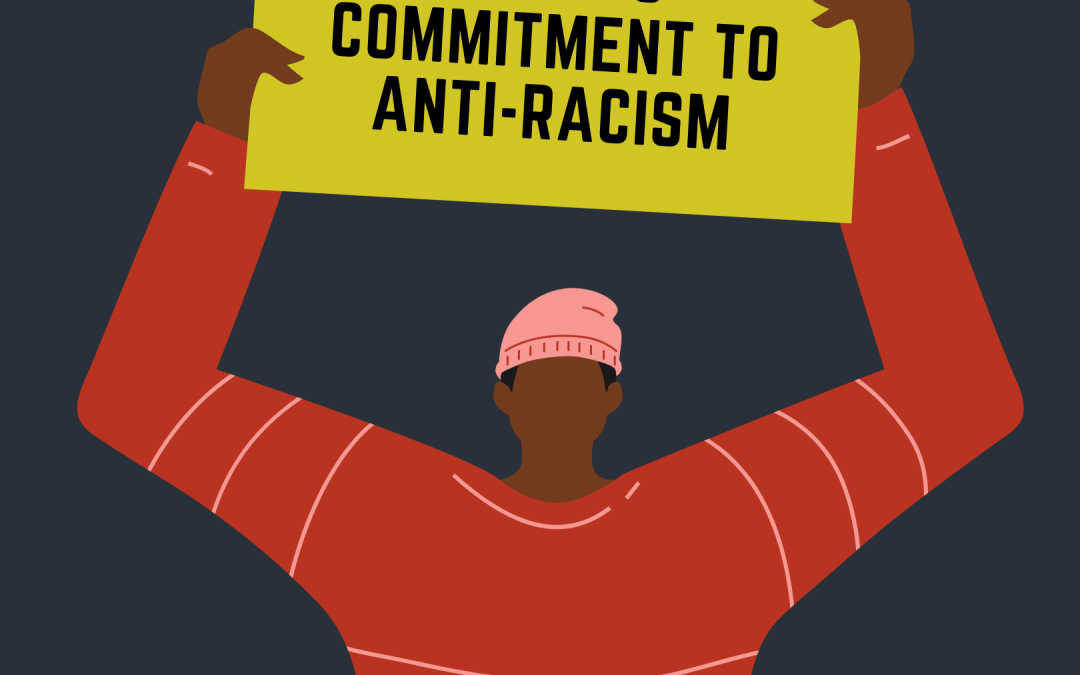Advancing racial equity was established by our union as a strategic priority last year. Our resolve to pursue an end to systemic racism in solidarity with BIPOC communities has been strengthened and clarified in the midst of our current national reckoning. We are committed to a world in which all union members can be healthy, safe, and thrive, and know that we can only get there together.
With the COVID-induced economic crisis now hitting our members and our employers, we are facing important decisions around how to respond. These decisions must be reached in the clear light of our commitment to racial equity.
It is well-worth remembering that being able to negotiate our employers’ responses, whether those be layoffs, furloughs, or other austerity measures thrown our way, is a hard won right. It is only as union members that we have a voice in these decisions and through our collective power, we create better outcomes. Our employers have already imposed changes on those without union contracts, changes that don’t fit with any of our ideas about what’s right and fair.
Some employers are now suggesting that we should respond to the budget shortfalls by eliminating or altering seniority. And they are using racial equity as a justification for this. Yes, there have been real problems with employers’ patterns of hiring and promoting white (and male) candidates over people of color (and women). But letting the people who created this problem decide who to let go is not an answer. Seniority has been an important safeguard against unfair bias by employers. Without it, employers alone decide who stays and who leaves. And some of our most senior BIPOC members in fact fear that they would be the ones targeted if such plans went through.
Instead of contending with each other over who may be laid off, we should be exploring options that would allow us to continue doing our critical work, options like:
- Expanded job sharing options;
- Voluntary hours reductions (with maintenance of benefits);
- Early retirement incentives;
- Leaves of absence;
- Reductions in excess layers of management;
- More equitable taxing structures;
- Accessing federal benefits;
- Use of budget reserves; and
- Voluntary furloughs
How to deploy strategies like these in our workplaces is where the focus of negotiations should be, not on the false promise that eliminating seniority will address employers’ problems with racial bias.
In this approach and our broader actions, we remain committed to undoing oppression in our workplaces and beyond. We need to explore with our employers all manner of systems including hiring, promotions, management training, performance evaluations, career development opportunities, and many more. And, we will continue supporting a reimagining of how our communities are policed.
PROTEC17 is committed to this work. And we value a transparent, inclusive and democratic process for participation and decision making. We particularly welcome opportunities for our BIPOC members to engage, advise, and lead in these discussions, and we will be intentional in outreach so this is possible. Additionally, we will continue organizing – not only so all working people have the opportunity to have rights and benefits as a union member, but mobilizing to fight austerity, support jobs and invest in our communities. We are on this journey together and welcome everyone’s input, ideas and participation. There is dignity in all work and so we must ensure there is dignity, equality, and opportunity for every working person.
Your Executive Board Members & Executive Director:
Rachael Brooks, Executive Board President
Sean Simmons, Executive Board Vice President
Jessica Garcia, Executive Board Secretary-Treasurer
Jennell Hicks, Executive Board Trustee
Emily Tabachnick, Executive Board Trustee
Renee Thompson, Executive Board Trustee
Karen Estevenin, Executive Director


